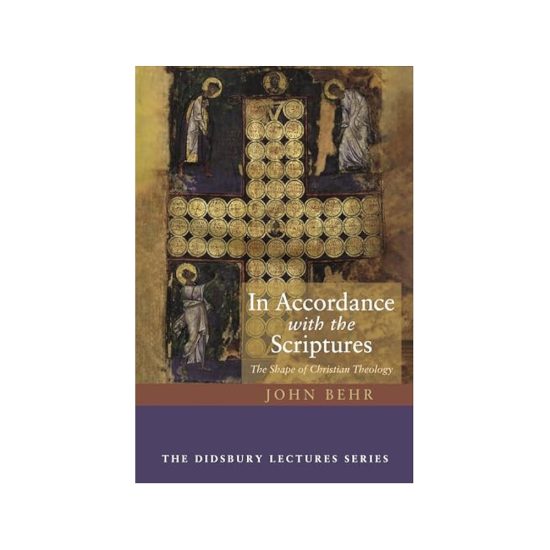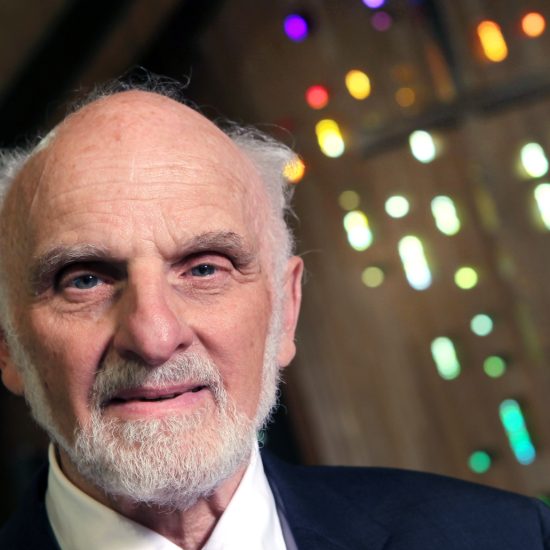
“Register for our free webinar! Click here to receive the first chapter of our latest book! Watch this introduction video to our longer conversation with a popular speaker! ICYMI here is the link to our most recent article! Be sure to subscribe, like, and share our podcast, so others can hear more great content. Do not miss this opportunity to learn more about…”
I have clicked, watched, read, and downloaded so many new resources over the past few years I have lost count. I too have created new programs and online workshops, published articles and books, hosted podcast episodes, and shared material from others I found helpful. Countless hours of energy were spent curating content to better myself and others as leaders in a perpetually shifting landscape. So much spiritual and emotional energy is directed at creating fresh content in an effort to equip others for their works of contextual ministry.

Greg Mamula
Through all this work I have noticed myself being drawn toward a few broad topics. These are topics and issues that are being lifted up by both church leaders and standard-bearers from a variety of other sectors that will impact the North American context over the next decade and potentially beyond. As my spiritual director often reminds me, “Everything touches.” If we are going to truly and effectively be the hands and feet of Jesus over the next decade there are a few broad baseline concepts we as churches and church leaders will need to do well.
Foundational to identifying the things we will need to do well going forward is recognizing how the pandemic has sped up changes that were inevitable. Things like digital transformation, telemedicine, competency-based education, working away from a designated office, new management, executive leadership skills, and consumer macro trend shifts were all on the horizon pre-pandemic but are now comfortably in our present. This requires new ways of cooperating with one another for business, recreation, and other interpersonal and customer-based interactions. Additionally, the pandemic put pressure on the pain points of living within a diverse pluralistic society. Most of the inequalities, injustices, and pain of the past were hidden under the veneer of social niceties, cultural momentum, and established power structures. Things worked… for some people. Until those who it didn’t work for were empowered to leverage the moment to make all of us more aware that not everything was okay.
My goal, over the course of my next several articles, is to highlight some of the key themes I have been observing from the many resources and conversations I have been engaging in. This is not an exhaustive list, just my six observations. The following articles are not in any sort of order of importance, for they are all important. My six observations to be elaborated upon are as follows:
- Allow the full narrative of scripture to shape your holy imagination
- Learn to listen and respond well to your community
- Build more and better networks
- Recognize the gifts and talents of all people
- Invite people from isolation to inclusion
- Develop multiple revenue streams
Feel free to share with me your observations of what you see coming and where you feel the Spirit is leading.
Here we go with the first one.
Allow the full narrative of Scripture to shape our holy imaginations
I think one of the most important things going forward is for us to be better students of the narrative of scripture. We need a foundation story. We need to know we have been here before and God is as present now as God was present then. Stories help ground our identities as humans because stories are the best medium for helping us ask the biggest questions in life such as, “What is going on here?” “What am I to do?” and “Who am I?” Stories give us hope and meaning in a life filled with uncertainty.

Aaron Burden / Unsplash
We are a culture of storytellers and story consumers. The binge-worthy popularity of streaming subscriptions like Netflix (213.5 million), Amazon Prime (175 million), Disney+ (118 million), and Hulu (42 million) reveal our love and need for stories. James Choung reminds us that every generation needs to receive and process the gospel a little differently because they all ask slightly different questions based on their lived experiences. Boomers ask, “What is true?” Gen X asks, “What is real?” Millennials ask, “What is good?” While we do not know for sure yet, Gen Z may ask something like, “What is beautiful?” Each question requires a different approach to sharing the gospel. Focusing on the narrative of scripture and how that narrative intersects with the lived narrative of everyday lives versus the false narratives that surround us will help us share the gospel more effectively with every generation since Gen X. But fear not my boomer friends, narrative does not mean a fictional story – narrative simply means retelling how something happened to someone somewhere.
The Bible is a narrative because it has a plot, characters, and a setting. Its purpose is to tell about God and his interaction with his good creation and his very good image-bearers. It is a cohesive story told over thousands of years by multiple people who used every literary device available to them including prose, poetry, prophetic images, and historical chronologies. It is meant to be read in the context of a community for purposes of information and formation. Mostly, the Bible is meant to point us toward Jesus and his Kingdom. In Luke 24:25-27, the resurrected Jesus revealed to the Emmaus travelers how the entirety of scripture from Moses through the Prophets concerned himself. Certainly, this was the greatest Bible study ever! The rest of the New Testament reveals how the earliest Jesus followers read and re-read the scriptures in response to resurrection and the hope of a New Heaven and New Earth. It shaped everything they did and how they understood the Christian community.
The same can and should be true of us. We need church communities who know the full narrative of scripture and allow it to shape our holy imaginations the way it has for every generation that navigates great change in the world. We can no longer rely on key verses, favorite texts, or principles derived from scripture to debate the apologetic merit of the Bible, the church, or faith. Instead, we must know, live, and love the whole narrative. We must allow the stories, images, poems, lists, and prophetic images to shape us in such a way that the story of God becomes the story we operate from rather than the false narratives that surround us. We must stop allowing the narratives, plots, characters, and settings of our time to determine how we interpret the story of God and instead lean into the Bible so strongly that it becomes the foundation for how we interpret and interact with the narratives of our politics, jobs, families, economics, and all other stories that seek primacy in our lives.
Narratives give shape to the world, helping us see what is beautiful, good, and real. Narratives help us understand what it means to be human, and how we should live in community. As any propagandist will tell you, the one who controls the narrative controls the world. Christians are called not to control the narrative of the world but to submit to the narrative of scripture and live into the world shaped by that narrative. The Bible is the ultimate narrative that gives meaning to all other narratives. It is designed to be read in the context of a community so that we can all be transformed by the whole gospel.
Rev. Dr. Greg Mamula is the Associate Executive Minister for the American Baptist Churches of Nebraska, and a contributing writer for Word&Way. He is the author of Table Life: An Invitation to Everyday Discipleship, published by Judson Press in print and e-reader versions from online distributors including Amazon. To learn more information visit www.table-life.org.






